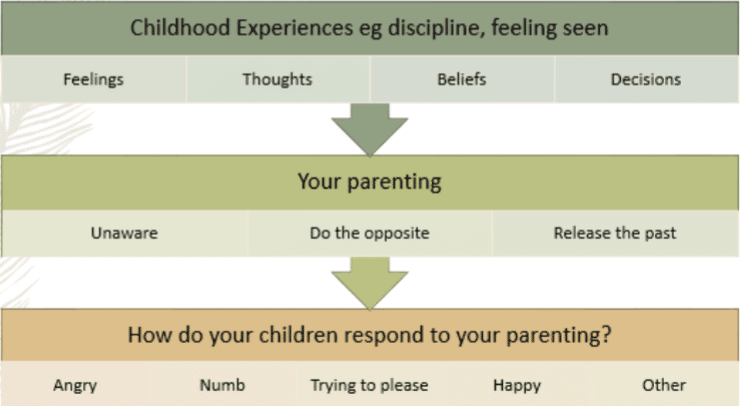


The brain mechanisms that help manage emotions are affected in children with ASD, however, in correlation with impaired social communication, behaviour inhibition, and social reasoning. Most children struggle with emotional regulation in early childhood and gradually develop more acceptable responses and self-soothing techniques as they grow older. He is dependent on others to check-in (body check) with him to prompt him to express if he is in pain, needs to go to the toilet, hungry, full, hot, cold, tired, thirsty, worried or sad. This makes it hard for others to know how and when to assist. He finds it hard to describe his feelings, concerns and needs. Inappropriate emotional responses may look like crying, outbursts, or tantrums for some children however, as with ASD itself, the behaviours exhibited during an emotional response can cover a spectrum of intensity and severity and may include dangerous acts such as aggression (Matson & Cervantes, 2014).įor example, Nate is a 10 year old boy with ASD.

However, ASD is frequently associated with disproportionate emotional responses and difficulties with emotional control, with self-regulation difficulties as early as infancy serving as an early indicator of a potential ASD diagnosis during childhood. When evaluating a child for the traits and behaviours associated with ASD, doctors typically look for deficits in social skills and communication abilities as well restrictive behaviour patterns surrounding interests and activities. While challenges with emotional regulation are not part of the criteria to determine whether a child has ASD, individuals involved in the care and teaching of a child with ASD may be familiar with this common symptom and the unique ways it affects the lives of both child and caregiver. Many children diagnosed with Autism Spectrum Disorder (ASD) struggle with emotional regulation, or the ability to control and manage one’s own emotional responses to their environment.


 0 kommentar(er)
0 kommentar(er)
